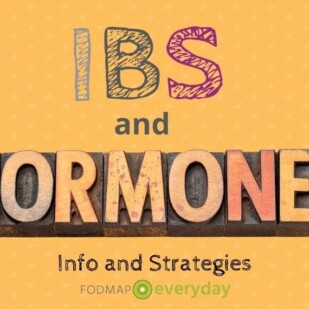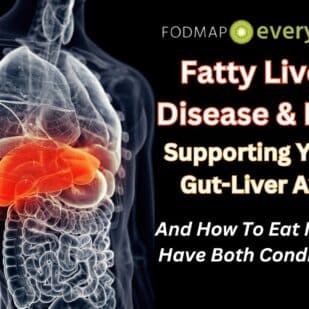1.4 million Americans are diagnosed with diabetes every year. Could you be one of them? If you’re experiencing any of the following signs associated with diabetes, it’s advisable to consult with a healthcare professional to discuss the possibility of having your blood sugar levels tested.
Frequent Urination

If you are experiencing frequent urination, especially at night, that is a symptom of diabetes and should be brought to the attention of your doctor.
Excessive Thirst

How’s your thirst level changed? Excessive thirst is a common symptom of diabetes.
Unintentional Weight Loss

We hear a lot about people who are trying to lose weight, but when there is unintentional weight loss that can be a signifier that something is amiss, including diabetes.
Persistent Hunger

Are you hungry all the time? How’s your hunger level increased? This is another symptom to discuss with your doctor.
Blurry Vision

One’s vision can you change as we can order and should always be assessed by an eye doctor. Blurry vision in particular can be a sign of diabetes.
Numbness or Tingling In Extremities

Are you experiencing numbness or tingling in your hands and feet? This is a serious marker that should be brought to the attention of your medical professional.
Unusual Fatigue

There is tired, and then there is extreme exhaustion. If you are experiencing unusual fatigue, this is definitely something that you should not ignore.
Very Dry Skin
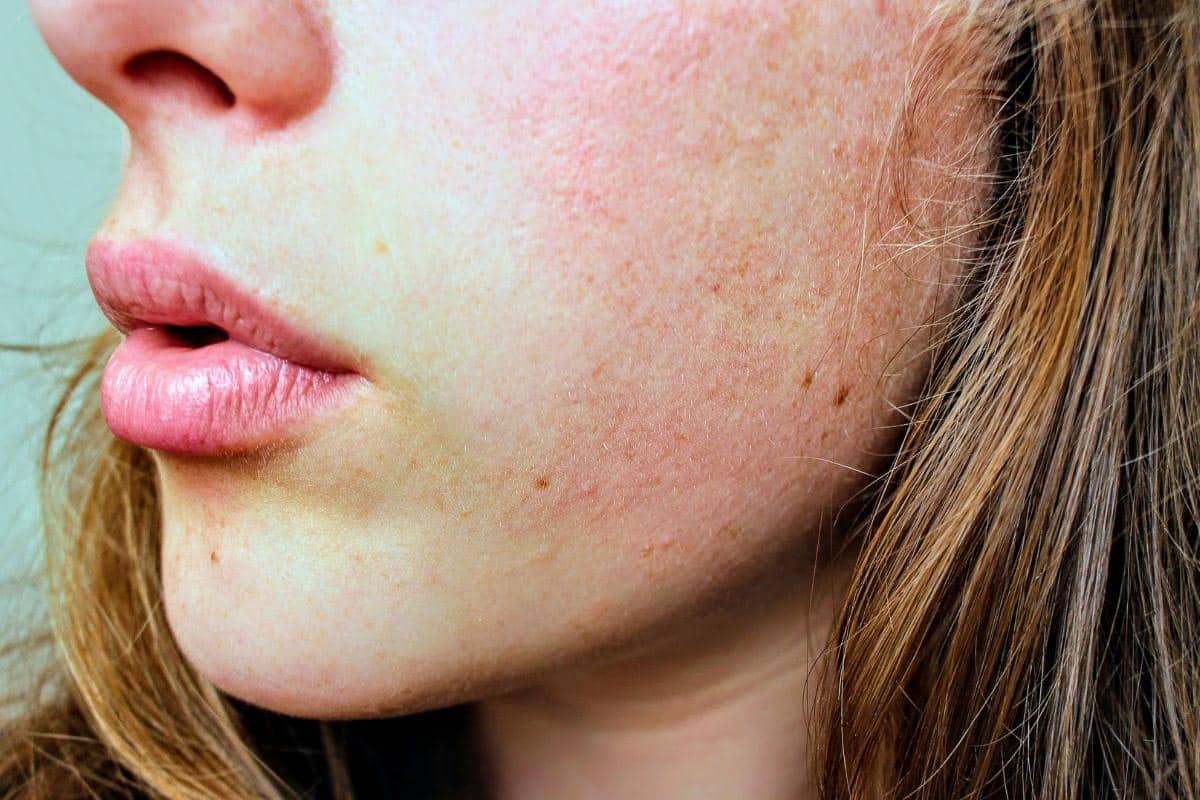
Very dry skin can also be a sign of diabetes.
Slow-Healing Sores

Slow healing sores must be addressed. You could develop an infection and they could be indicative of diabetes.
Increased Susceptibility to Infections

Speaking of infections, an increase susceptibility to infections could be a sign.
Three Types of Diabetes
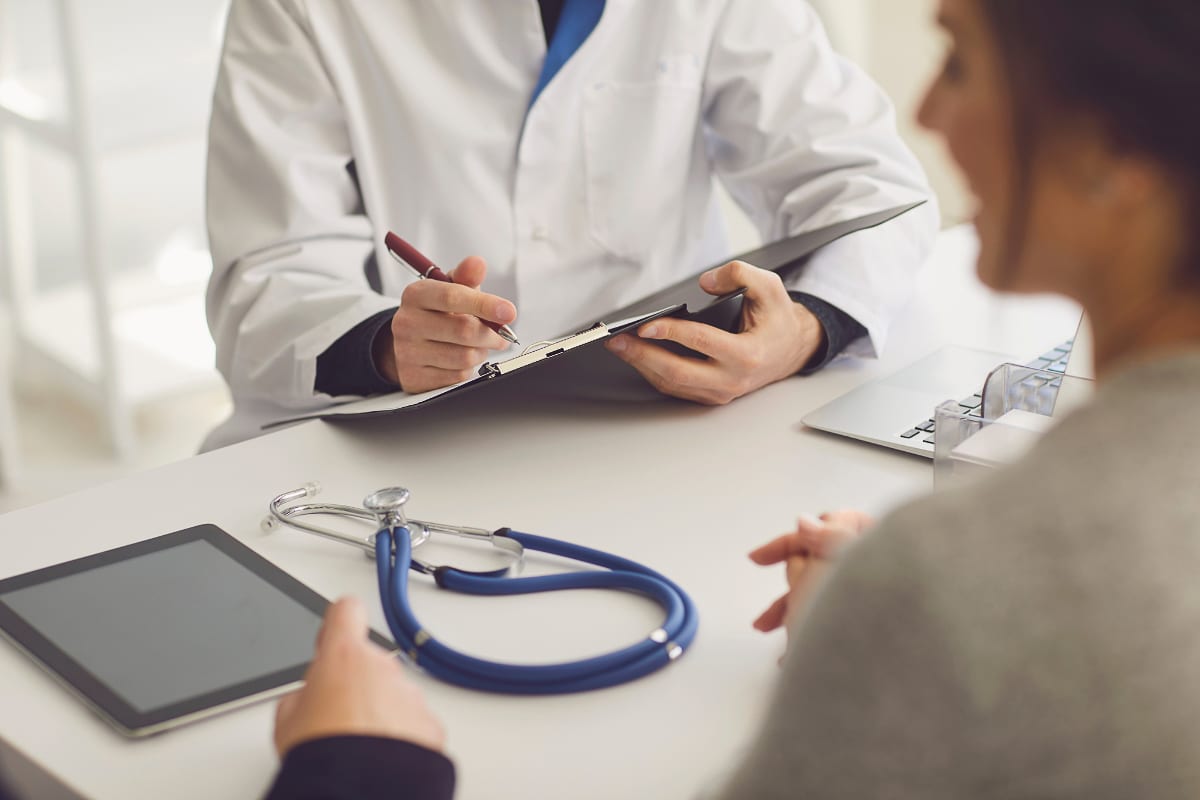
There are three types of diabetes: one diabetes, type two diabetes, and gestational diabetes.
Symptoms of Type 1 Diabetes

In addition to the above symptoms, individuals with Type 1 diabetes may also experience nausea, vomiting, or abdominal discomfort. This form of diabetes can manifest at any age, with symptoms appearing rapidly over a few weeks or months, often being quite severe.
Symptoms of Type 2 Diabetes

The onset of Type 2 diabetes symptoms typically takes several years and may go unnoticed by some individuals. It typically occurs in adulthood, although it is becoming increasingly common in children and adolescents. Due to the subtle nature of these symptoms, it’s crucial to be aware of the risk factors associated with Type 2 diabetes and consult with a healthcare professional if any of these risk factors apply to you.
Symptoms of Gestational Diabetes

Gestational diabetes, a condition that occurs during pregnancy, often doesn’t present noticeable symptoms. If you are pregnant, your healthcare provider should conduct a gestational diabetes screening between the 24th and 28th weeks of pregnancy. If necessary, appropriate measures can be taken to safeguard your health and the well-being of your baby.
IBS & Diabetes: The Connection & How To Eat If You Have Both
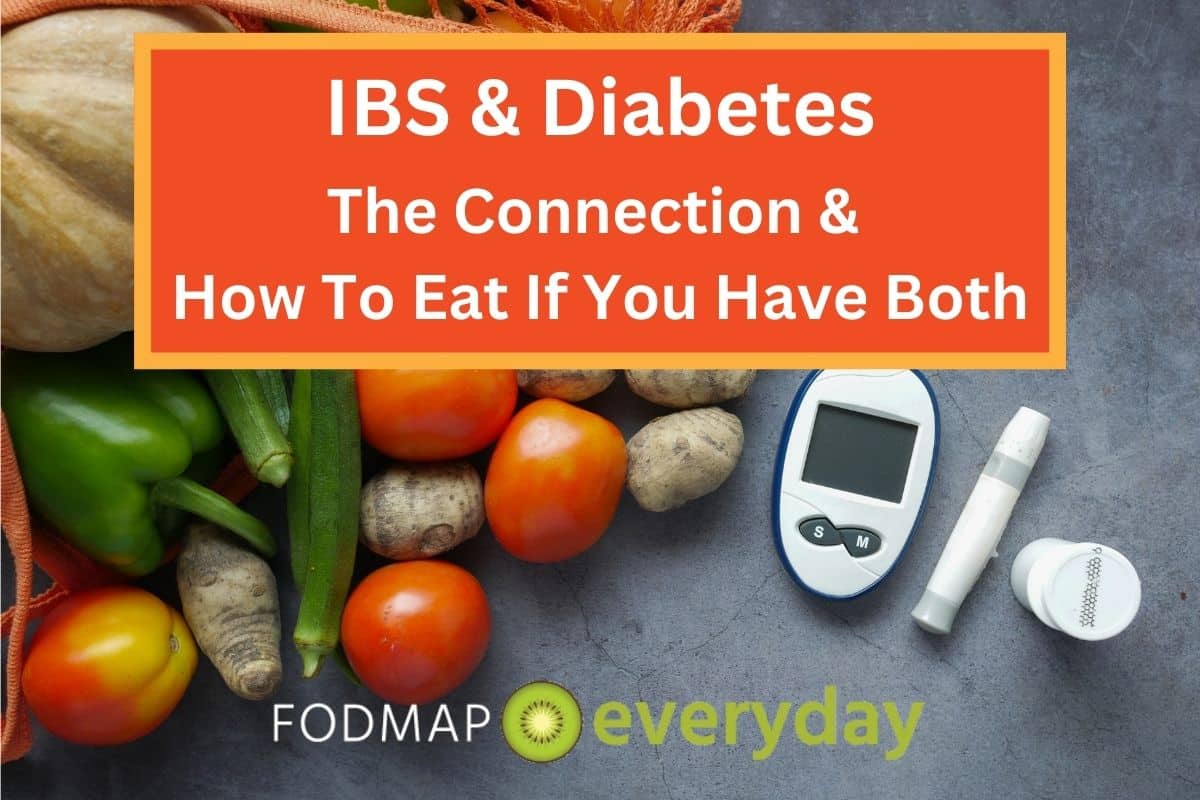
Do you have Irritable Bowel Syndrome (IBS)? Have you also been diagnosed with type 2 diabetes or prediabetes? And so you’re wondering… What the heck do I eat now?
Read: IBS & Diabetes: The Connection & How To Eat If You Have Both
Bloating? Not Today: 10 Tips To Avoid It and 5 Tips To Get Rid Of It

Those of us with digestive issues talk about bloating – a lot. And the #1 thing everyone wants to know is, how to avoid and get rid of a bloated belly. We have 10 Tips for you for Avoiding a Bloated Belly. And 5 for Getting Rid of a Bloated Belly in case it’s too late already!
Common Digestive Health Issues in Older Adults

As the population worldwide continues to live longer, approximately 14.5% of those living in the United States are categorized as older adults or over 65.1 There seems to be a lot of information available for adults living with digestive conditions, but we do not hear as much about the older adult population.
Read: Common Digestive Health Issues in Older Adults
Fatty Liver Disease & IBS: Supporting Your Gut-Liver Axis and How to Eat If You Have Both Conditions
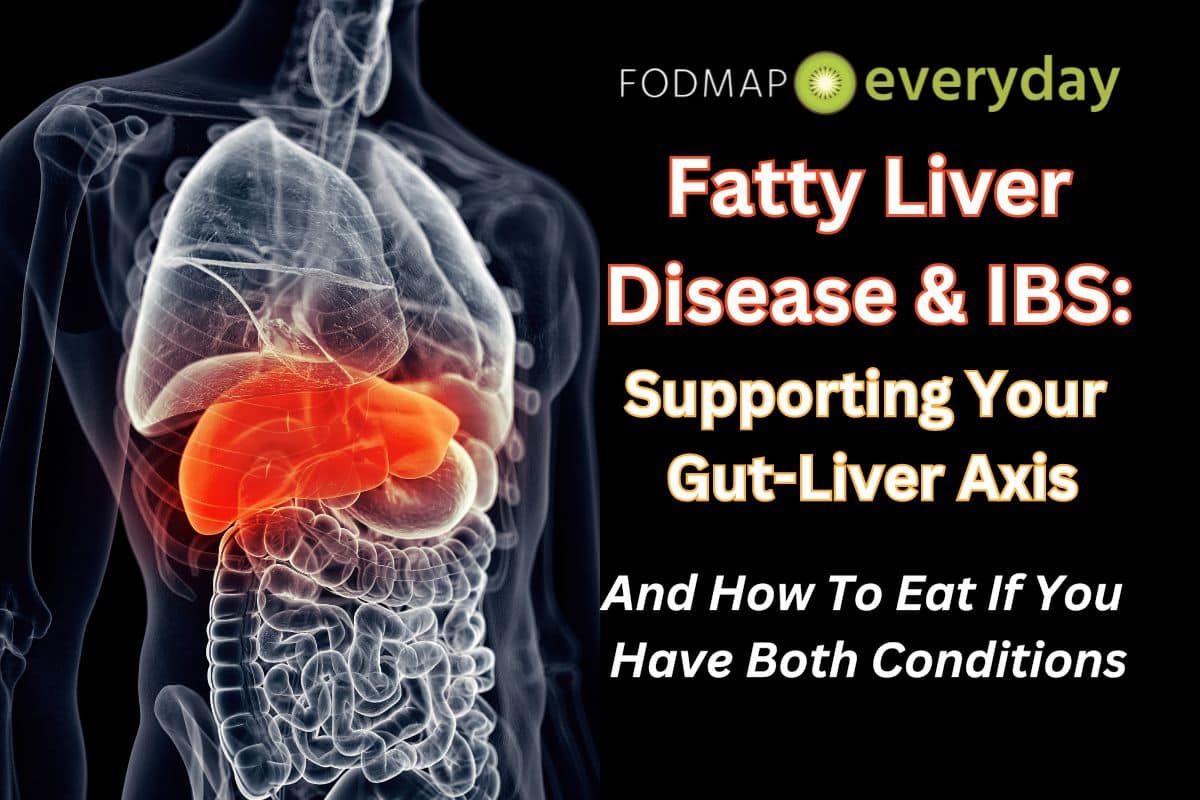
Have you heard of the ‘gut-liver axis’? Truth be told, our liver and gut are highly connected and one system can impact the other. So if you have Irritable Bowel Syndrome (IBS) and have also been told you may have a fatty liver or diagnosed with Non-Alcoholic Fatty Liver Disease (NAFLD), then this might not be simply a coincidence!
Read: Fatty Liver Disease & IBS: Supporting Your Gut-Liver Axis and How to Eat If You Have Both Conditions
